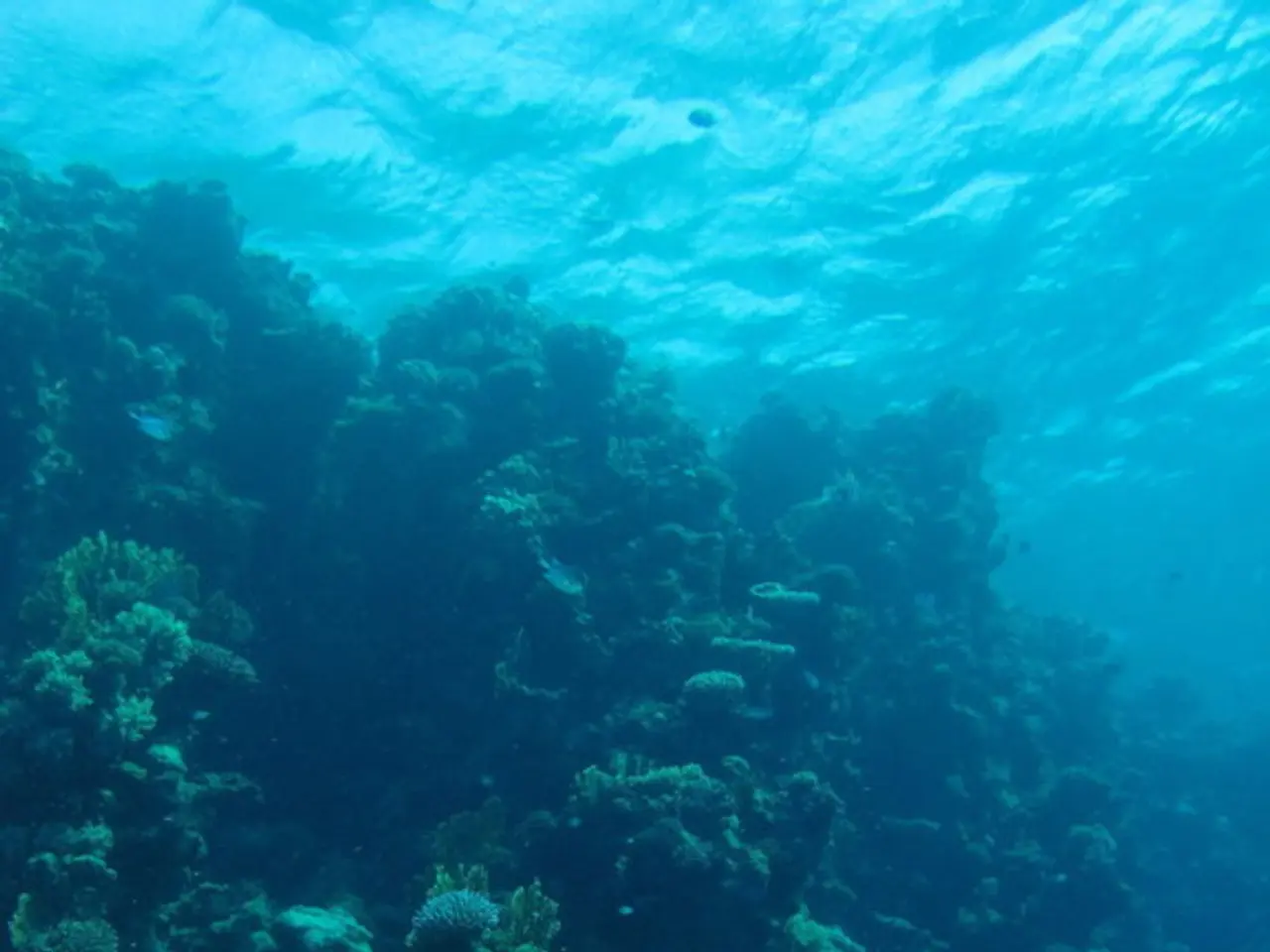Introducing the Team Members
At the Scripps Institution of Oceanography, two esteemed scientists are making significant contributions to the field of oceanography. Dr. Jeffrey Gee and Dr. Richard Norris, both professors at the institution, are renowned for their research in geophysics and marine biology respectively.
Dr. Jeffrey Gee is a Professor of Geophysics in the Geosciences Research Division. His research focuses on using magnetic data to understand geological problems, such as the formation of new crust at oceanic spreading centers and the processes of melt redistribution and cooling in large magma chambers. Dr. Gee received his undergraduate degrees from Washington and Lee University and his Ph.D. from Scripps.
Dr. Richard Norris, the Head Curator of research dealing with the diversification of life, macroevolution, and open ocean plankton, holds a Ph.D. in geology from Harvard University. His research interests primarily focus on evolution, climate, and oceanography, particularly in marine environments. Dr. Norris has worked on various projects before becoming a professor at UCSD in 2002, including the Condor Recovery Project, the NRS Granite Mountain Reserve, and Woods Hole Oceanographic Institution.
Alex Hangsterfer, the Geological Collections Manager at Scripps, plays a crucial role in the institution. She manages the Geological Collections, fills sample requests, manages collections databases, and manages the collections website. Alex also supports multi-disciplinary research projects with students, post-docs, and researchers from academic and governmental institutions across the world. Her passion for science communication is evident as she engages in numerous outreach activities each year, including lab tours, in-person & virtual classroom talks, work with Birch Aquarium, San Diego Youth Science, and more. Alex received her Masters from Scripps with a focus on methane hydrate biogeochemistry and her BA from Roger Williams University in Environmental Chemistry and Biology, with a minor in Philosophy.
Alex's research has been published in several prestigious journals, including the GSA Bulletin, Journal of Geophysical Research - Oceans, Quaternary Science Reviews, AGU Fall Meeting Abstracts, and Proceedings of the 6 International Conference on Gas Hydrates. Her recent publication, "Sedimentary response of a structural estuary to Holocene coseismic subsidence," can be found at this link: https://doi.org/10.1130/B35827.1.
Dr. Norris's research is centred on understanding how climatic and oceanographic processes influence evolutionary patterns and marine ecosystems. Significant aspects of his research include paleoceanography and paleoclimatology, marine ecology and evolutionary biology, and the application of geochemical and isotopic methods. While specific publications were not found in the search results, they would likely include articles on paleoceanography, evolutionary biology of marine organisms in response to climate variability, and ecological modeling of marine food webs under oceanographic influences.
Both Dr. Gee and Dr. Norris's research contributes significantly to the field of oceanography, offering valuable insights into geological processes and marine ecosystems. Their work at Scripps Institution of Oceanography continues to push the boundaries of our understanding of the Earth's past and present.
- Alex Hangsterfer is involved in environmental-science education and self-development through online platforms, engaging in numerous outreach activities each year that include virtual classroom talks.
- Dr. Richard Norris's research in marine environments, particularly focusing on evolution, climate, and oceanography, provides essential knowledge for environmental-science students studying climate-change and online-education platforms.
- The publications of Dr. Jeffrey Gee and Dr. Richard Norris, found in journals such as the GSA Bulletin and Journal of Geophysical Research - Oceans, contribute significantly to the field of scientific learning, offering insights into geophysics, marine biology, and climate-change.




